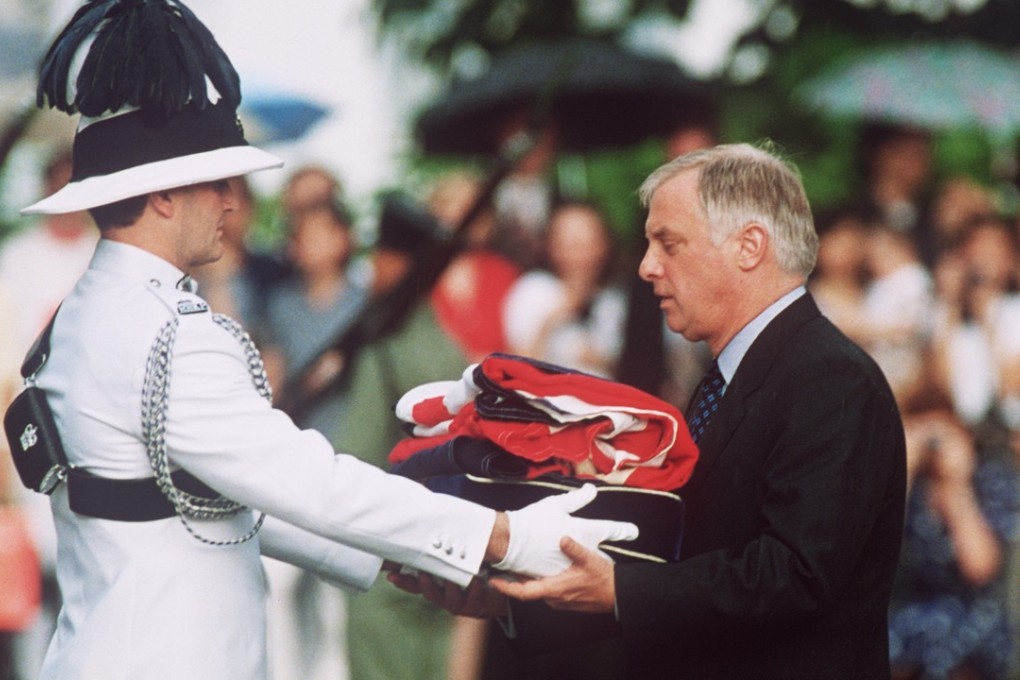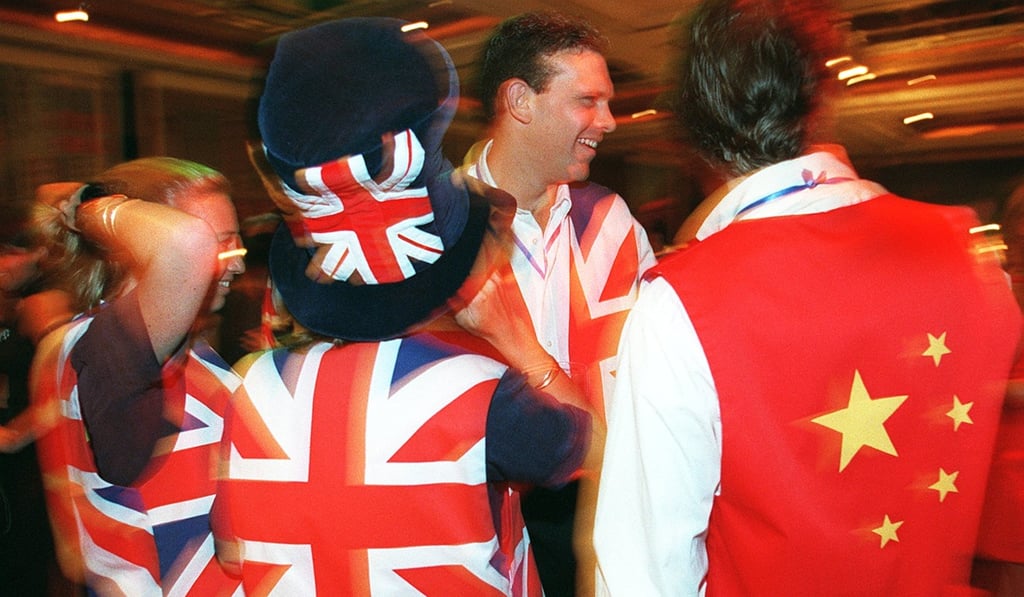Asian Angle | Hong Kong handover took almost 20 years. Brexit’s taking two. A UK self-esteem issue?
The UK was meticulous in negotiating the handover of its colony to China – an issue remote to most Britons. Now it’s rushing like a lemming towards a cliff regarding a far more substantive domestic issue. What gives?

For anyone joining the British Foreign Office in 1998, as I did, and having an interest in China as part of their life before they became a diplomat, working alongside veterans of the almost two decade negotiations over the handover of Hong Kong, which had happened the previous year, in 1997, was hard to avoid. The main sections dealing with China in London, the British Consulate General in Hong Kong, and most of the posts in the People’s Republic itself, right up to the most senior level, were stuffed with those who had played a part, large or small, in working out the finer detail of the reversion of sovereignty to China.
That the process had gone relatively smoothly, despite significant hiccups during the Patten governorship from 1992 became a source of pride. Colleagues talked about those choppier moments, and about how hard the going was sometimes. They referred to the trauma of the 1989 uprising and the panic that had given rise to locally. But by 1998, it was not rare to hear British government officials and their political masters talk in the same way as their Chinese opposite numbers, of the handover of Hong Kong being a “success”.

The management of the Hong Kong issue came to be held as evidence of British negotiation effectiveness. Around the middle of the next decade, when doing some work on East Timor – previously a Portuguese colony till Indonesia assumed ownership over it, and then its independence in 1998 – I was talking to someone who had worked on the Hong Kong issue through the 1980s into the 1990s. “We did a good job with cleaning up our colonial issues,” they bragged. “Look at the mess Portugal made everywhere, just clearing off and leaving others to clean up the mess.”
Historians might dispute that assessment. But it typified a mindset where the onus was on an almost paternalistic sense of responsibility, and of Britain’s awareness of its duties and knowing how to fulfil its responsibilities. It also exposed a bureaucratic and political commitment to sticking rigorously to international agreements and rules, and abiding by them.
How Brexit Britain can gain from China’s Belt and Road
Whatever punctiliousness and scrupulous attention to detail officials and politicians paid to the smooth management of Hong Kong’s reversion to Chinese rule, one thing was clear. It took a solid decade or more from the outline agreement of 1984, the Sino-British Declaration, to the final realisation thirteen years later of intense, complex and sometimes torturous negotiations and preparations. If anyone in 1984 had said this whole process had to happen in two years, the response would have been a frosty one. It would, no doubt, have been regarded as impossible.
